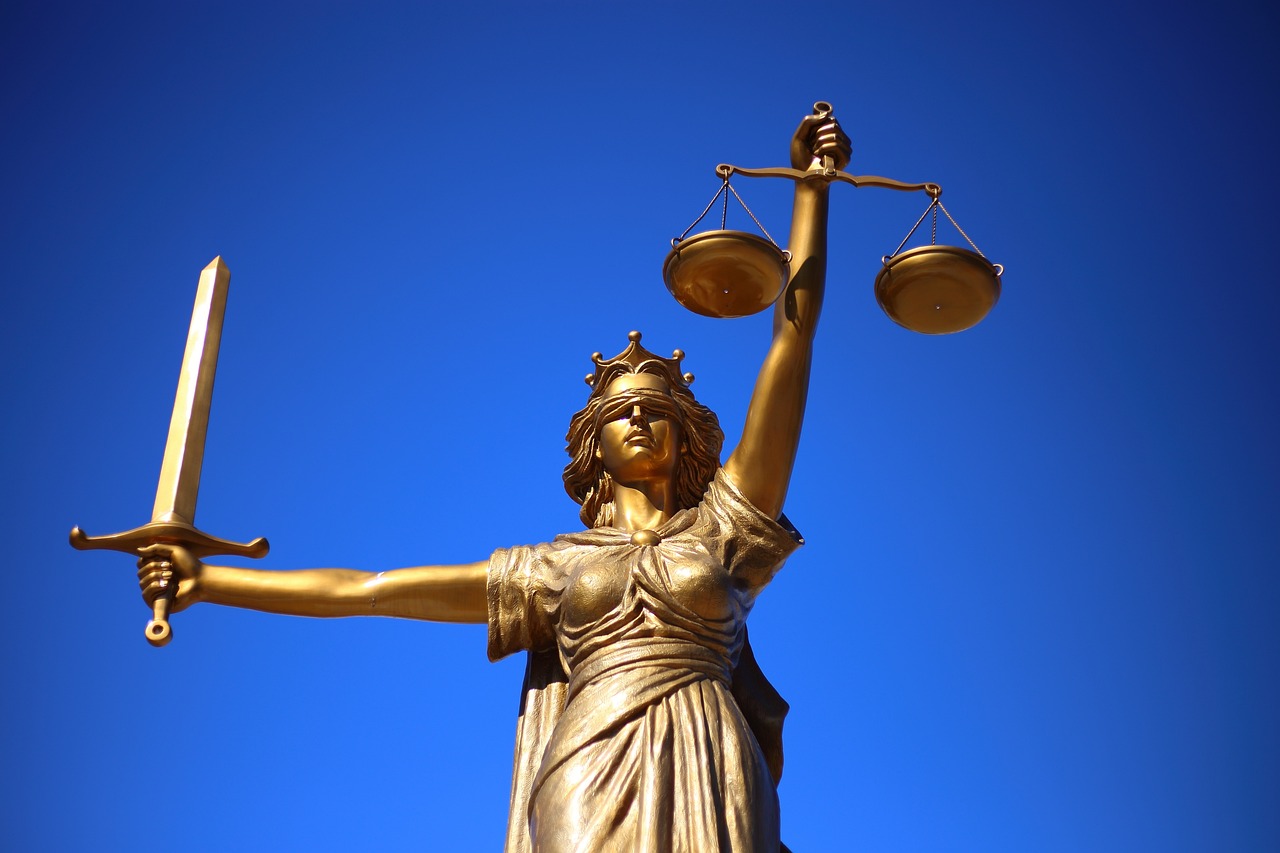Temporal Laws - Part 1
The Laws Governing Time Travel - Part 1

Introduction to Time Travel Laws
Time travel has long been a fascinating concept in science fiction, but what if it were possible in reality? The implications of time travel are vast and raise numerous ethical, philosophical, and legal questions. In this two-part series, we will explore the laws that may govern time travel and the potential consequences of altering the past or future.
1. The Grandfather Paradox
One of the most famous paradoxes associated with time travel is the Grandfather Paradox. It posits that if a time traveler were to go back in time and prevent their grandfather from meeting their grandmother, thus preventing their own birth, a paradox would be created. This paradox raises questions about causality and the potential for altering the course of history.
2. Novikov Self-Consistency Principle
Proposed by physicist Igor Novikov, the self-consistency principle suggests that any actions taken by a time traveler in the past must be self-consistent and not lead to paradoxes. In essence, this principle argues that the timeline is fixed and that any attempts to change it would be futile or result in events that ensure the original timeline remains intact.
3. Parallel Universes and the Multiverse Theory
Another theory to address the potential paradoxes of time travel is the concept of parallel universes or the multiverse theory. According to this theory, each decision or action creates a new branching universe, allowing for multiple timelines to coexist. Time travelers would, therefore, not alter their own past but instead create a new timeline in a parallel universe.
Conclusion
As we delve into the laws governing time travel, it becomes evident that the consequences of altering the past or future are complex and far-reaching. In Part 2 of this series, we will further explore the ethical implications of time travel and how society may regulate this technology in the future.
Stay tuned for more insights on the laws governing time travel!
